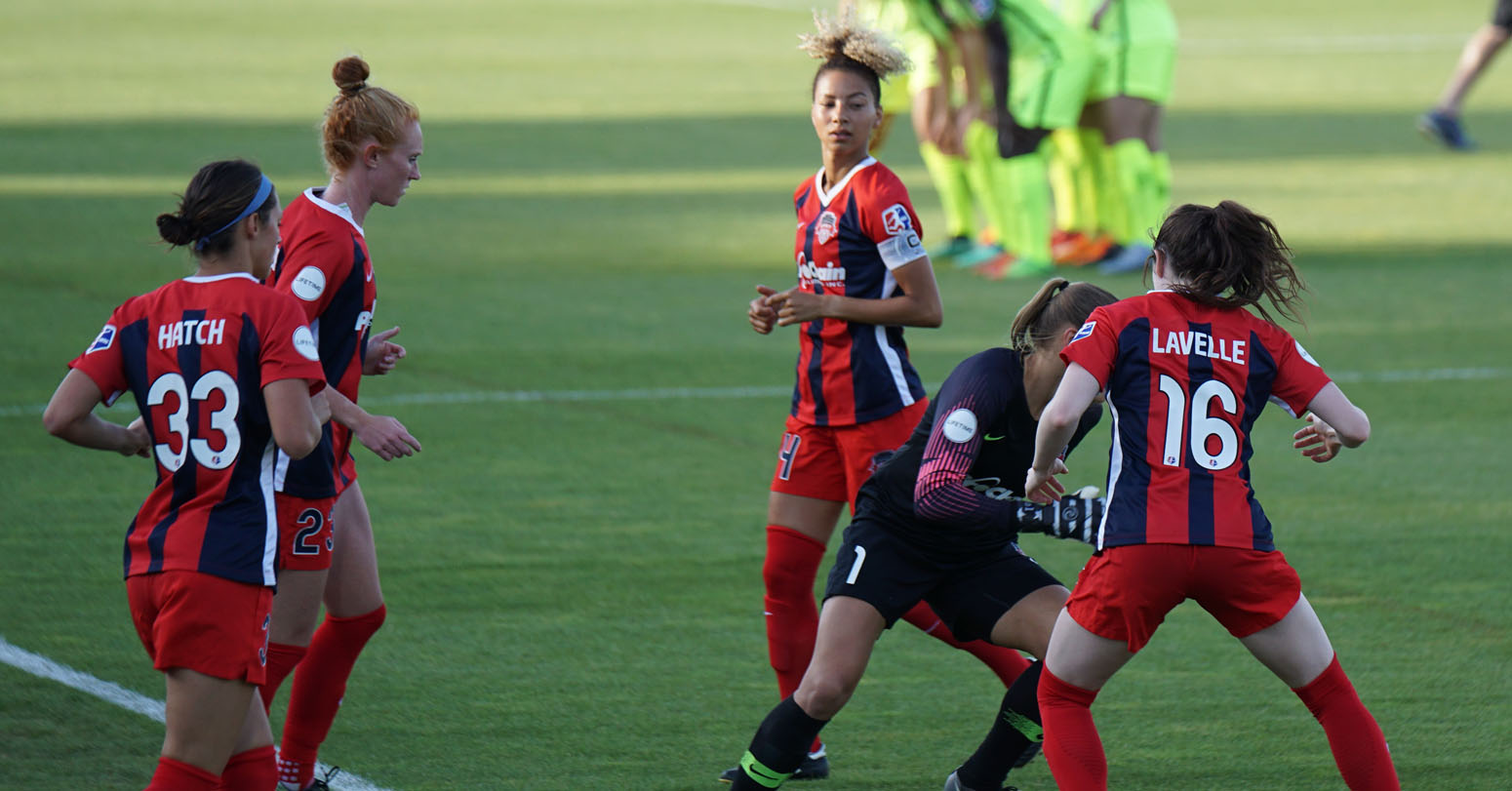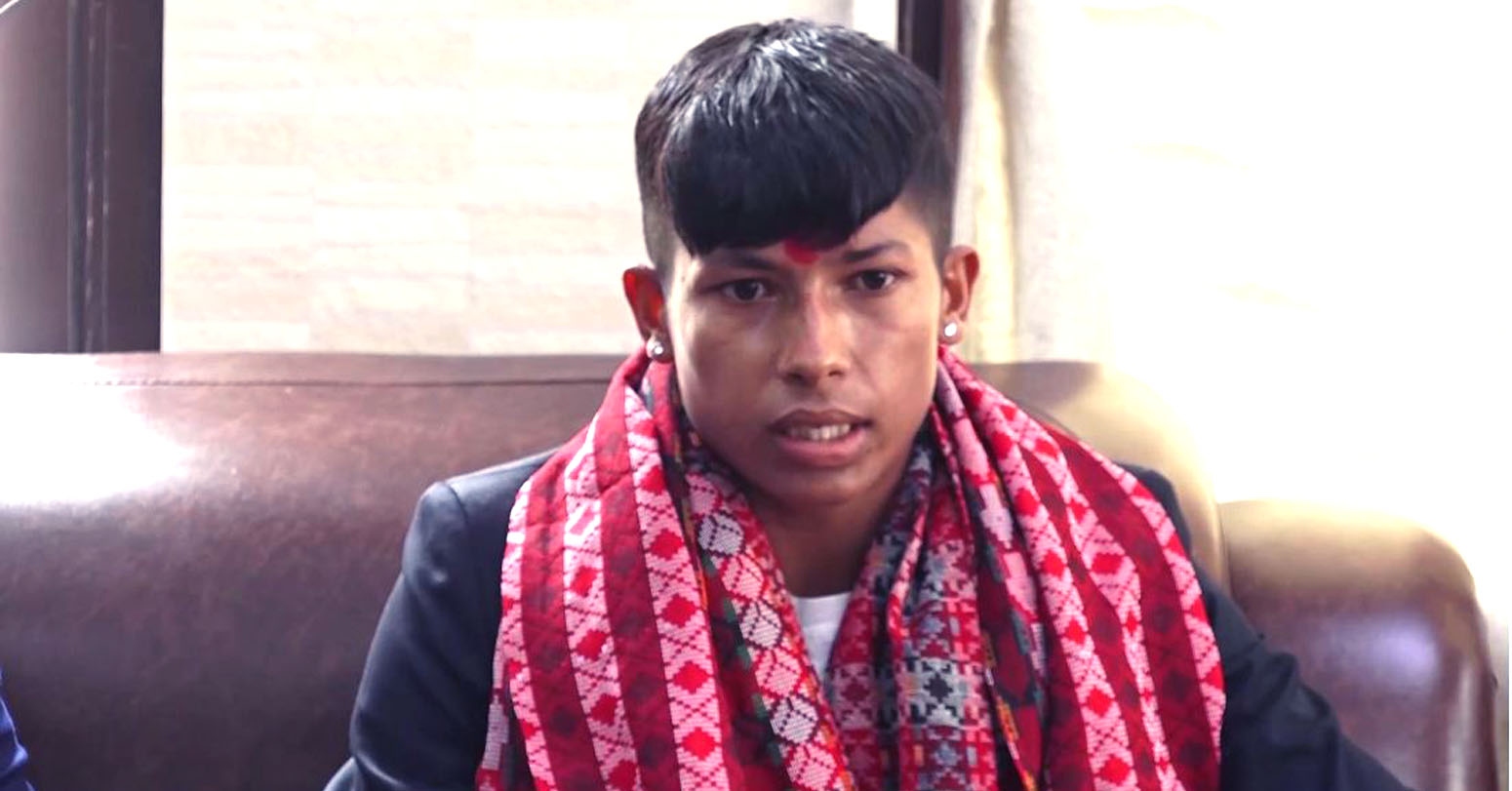The Supreme Court on Thursday ruled that a West Virginia ban on transgender girls participating on female sports teams will not go into effect while a suit over the matter makes its way through the US court system.
The plaintiff, 12-year-old trans student Becky Pepper-Jackson, will be allowed to keep running with her middle school female track teammates for the time being, following a seven-to-two vote by the high court's justices, in a decision that did not address the merits of the case.
US President Joe Biden's administration separately laid out a proposal Thursday that would prevent schools from implementing outright bans on transgender students participating in sports matching their gender identity, but would also limit how such athletes are allowed to participate in competitions.
The Department of Education proposal said across-the-board bans would violate Title IX, which prohibits discrimination in schools based on sex, but educational institutions would have leeway to bar trans students from competing if their participation might undermine fairness, for example.
Under the proposal, a school might, for example have difficulty keeping a transgender student from playing in an elementary school sports match meant to emphasize teamwork, but could potentially ban such athletes from competitive high school matches.
Trans people in sport has become a heated political issue in the United States, with religious conservatives especially fighting against their inclusion on girls' teams.
The Supreme Court has so far avoided becoming involved, except for one exception: In 2020, it ruled against a funeral home that had fired a transgender employee who underwent a gender transition.
The court's two most conservative justices, Samuel Alito and Clarence Thomas, disagreed with the majority opinion in Thursday's ruling, but said they believed the case would return to the top court's docket at a later date.
"This application concerns an important issue that this court is likely to be required to address in the near future," the pair wrote.
Pepper-Jackson first sued in 2021 to block a West Virginia law that prevented students from joining their schools' female competitions if their biological gender at birth was male.
After several twists and turns, a federal appeals court in February froze implementation of the law pending her appeal.
Then in March, the state, backed by the conservative Alliance Defending Freedom, asked the Supreme Court to overturn the appeals court's stay.
"Biological differences between males and females matter in sports," they argued.
Pepper-Jackson who is undergoing puberty-blocking treatment, has competed on her school's girls' team for multiple seasons "without incident," her lawyers said.
"Despite regularly finishing near the back of the pack, she has reaped the benefits of school sports: her mother has 'never seen [her] happier,'" they said in an appeals court filing.
On Thursday, the ACLU civil rights group welcomed the decision stating, "we are grateful that the Supreme Court today acknowledged that there was no emergency and that Becky should be allowed to continue to participate with her teammates on her middle school track team."
It added that blocking her from team sports was "baseless and cruel."


















Middle-aged man spends millions to
Dr. Dharam Raj Upadhyay: Man
Children, Greatest Victims Of Sudan’s
Breathing The Unbreathable Air
Comprehensive Data Protection Law Critically
Gender Differences In Mental Healthcare